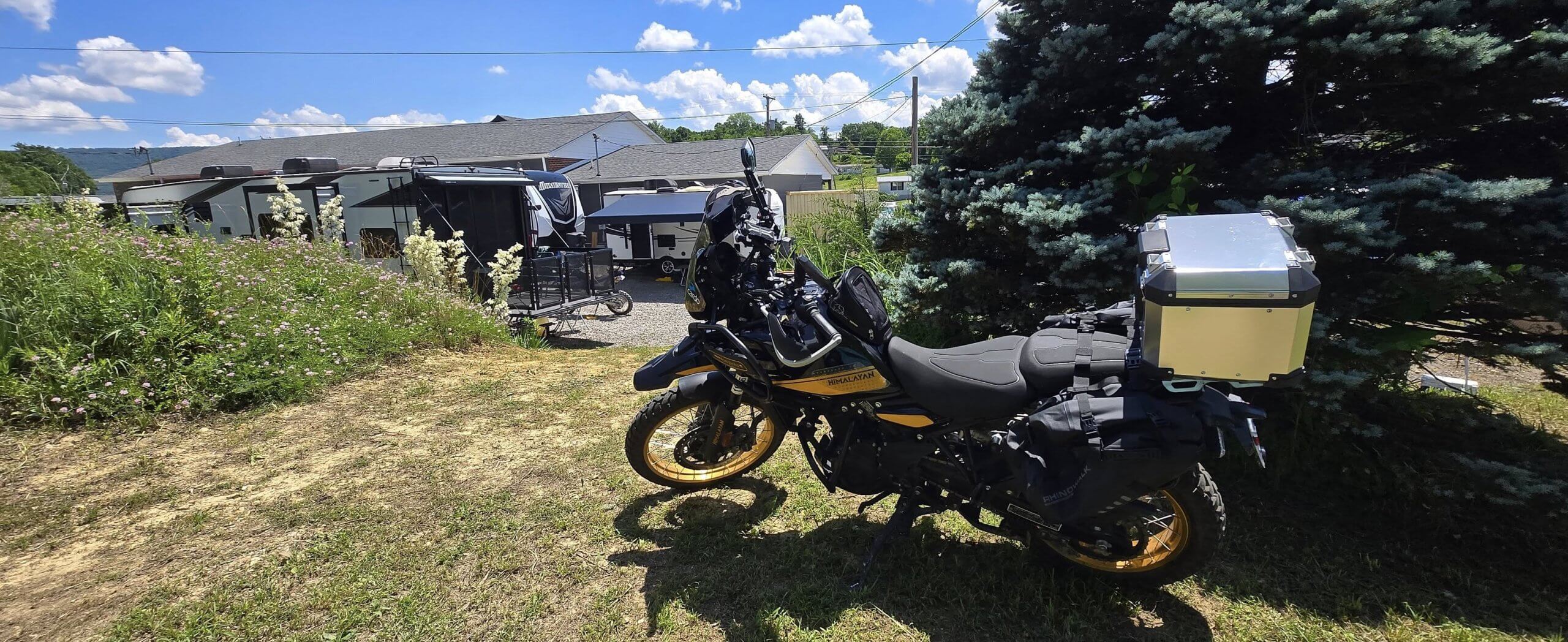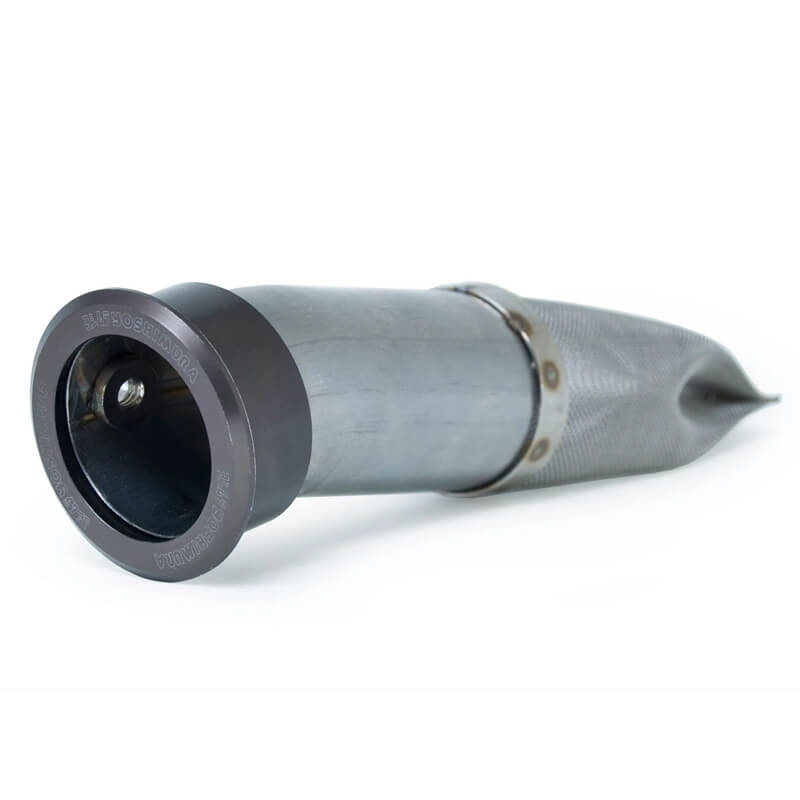✅ SECTION 2: Virginia’s Legal Landscape
Riding off-road in Virginia is a privilege, not a right—and that privilege comes with rules designed to protect riders, landowners, and the trails themselves. The Commonwealth doesn’t require state registration for most OHVs used on private or designated public trails, but riders must be aware of local regulations and land-specific requirements.
For instance, in public-use areas like George Washington and Jefferson National Forests or Spearhead Trails, permits are mandatory and must be kept on you at all times. Always check whether the area you’re riding in is federally managed, state-owned, or private, as the rules can differ significantly.

Virginia law mandates that all riders—regardless of age—wear a helmet when operating an OHV. For minors under the age of 16, supervision is legally required, and they must ride vehicles appropriate to their age, size, and strength. Riding double on a single-seat machine is illegal and dangerous.
Riding on public roadways is strictly prohibited unless the road is specifically marked for OHV crossing or dual-use, which is rare. Don’t assume back roads or gravel lanes are legal just because they’re remote—if it’s not marked, it’s likely off-limits.
Alcohol is another important consideration.
Many riders think that riding off-road means the laws don’t apply, but DUI laws in Virginia extend to OHV operation.

Driving under the influence on an ATV or UTV can result in the same penalties as driving drunk on the highway. Lastly, be aware that spark arrestors are required for any machine used on public trails, and riding without one during fire season could result in fines—or worse, start a wildfire.
Stay legal, stay informed, and make sure you understand the boundaries of every place you ride.

